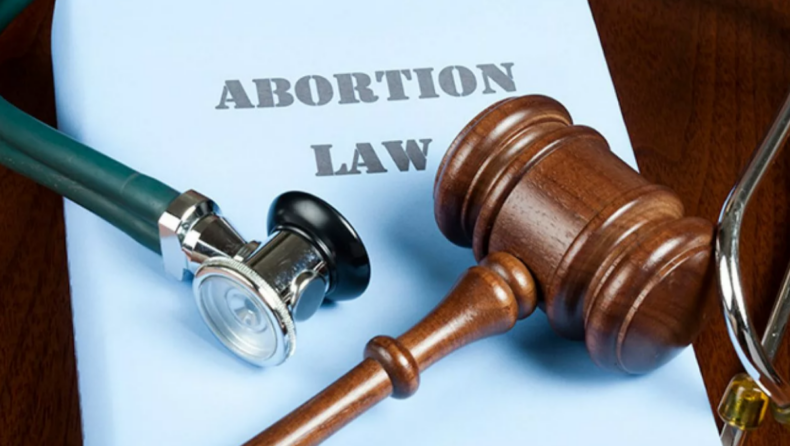Abortion Rights: After the Delhi High Court declined to permit it, citing the Medical Termination of Pregnancy (MTP) Act, the Supreme Court on abortion rights in India last week authorized an unmarried woman to abort her pregnancy at 24 weeks. The highest court ruled that a woman may have an abortion if a medical board determines that doing so will not harm her in any way. In this article we understand ruling of Supreme Court on Abortion Rights.
What was the stance of the Delhi High Court?
The 25-year-old single woman filed an appeal with the Supreme Court after the Delhi High Court denied her request for permission to have her pregnancy medically terminated because the nature of her connection with her partner had changed, asking for abortion rights.
She said that although she and her partner had a consensual relationship, he had declined to marry her after she found out she was pregnant at around 22 weeks. She explained that since being single and raising a child has a shame in society, she would wish to end the pregnancy, practising abortion rights.
She would not be qualified for an abortion because the Medical Termination of Pregnancy Act only authorized married women to end pregnancies after 20 weeks, according to the Delhi High Court’s interpretation of the law. Given that she was in the 23rd week of her pregnancy, the court determined that it would be equivalent to killing the fetus. According to its ruling on July 15, “Rule 3B of the Medical Termination of Pregnancy Rules, 2003 is in effect as of today, and this court, in exercising its competence under Article 226 of the Constitution of India, 1950, cannot go beyond the statute.”
Justice Satish Chandra and Subramanium Prasad’s panel advised her to give birth and place the child up for adoption. “We’ll make sure she’s kept in a secure medical facility so she may give birth and go. For adoption, there is a lengthy line. The Indian government, the Delhi government, or a reputable hospital will take care of everything. Justice Satish stated, “If the government doesn’t pay, I’ll be there to pay.
What ruled by the Supreme Court on Abortion Rights?
However, the Supreme Court adopted a different stance on the matter. The MTP Act, which was updated in 2021, uses the word partner instead of spouse, showing the desire of the law of the land to not limit it to solely marital ties, according to a bench of Justices D.Y. Chandrachud, Surya Kant, and A.S. Bopanna. The justices ruled that the petitioner cannot be denied the benefits of the statute because she is single, as doing so would go against the “object and spirit” of the law.
The justices took empathetic note of the fact that the woman had also disclosed that she was the oldest of five siblings in a family of farmers, had a B.A., but did not have a sufficient source of income. She would find it challenging to raise the child alone as a result.
The bench further ordered the All-India Institute of Medical Sciences (AIIMS) to establish a medical board with two doctors to assess the woman (in accordance with the MTP Act’s requirements) and determine if it was safe to terminate the pregnancy and would not endanger the mother’s life. AIIMS can perform the surgery on her if they determine it to be safe to do so.
What lies ahead?
The Delhi High Court denied the woman’s plea but asked the government to respond to her claim that it was discriminatory to deny an unmarried woman the right to terminate an unplanned pregnancy under Section 3B of the MTP Act.
Every woman is entitled to a medical termination of pregnancy prior to 20 weeks under the MTP Act. However, only a few groups of women—rape survivors, minors, and married women whose relationship status has changed during this time—are permitted to obtain an abortion between 20 and 24 weeks.
Women in similar situations now have the opportunity to get healthcare treatments without having to take the time-consuming legal road to the Supreme Court each time thanks to the Supreme Court’s expansion of the statute to encompass unmarried women as part of the MTP Act.













